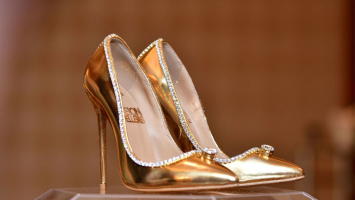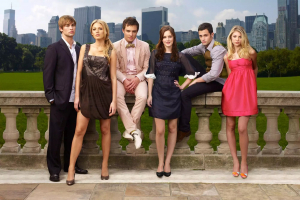Top 10 High Profile Yet Ridiculous Lawsuit Threats
America is rumored to be a litigious society, and Judge Judy would concur. However, despite the fact that only a small percentage of claims really fit the ... read more...requirements for frivolous lawsuits, there has long been a widespread misconception that courts are overrun with frivolous lawsuits. That might be as a result of some people realizing their lawsuits are bad ideas halfway through their development. Like these 10 instances of well-publicized litigation threats, which range from being fairly rational to being completely absurd.
-
Nobody likes people who act entitled, but this story takes entitlement to a whole new level. Brian Holloway, an NFL player, once owned a vacation property. About 300 neighborhood teenagers broke into the vacant home over the 2013 Labor Day weekend to have a party. They damaged property by roughly $20,000 worth.
Being teenagers, they planned and publicized a large portion of the party on social media. In particular, they posted photos of themselves inside the house. Therefore, Holloway did what any person attempting to figure out who vandalized his home would do: he located the youngsters using the photos they took to help the authorities identify them. He uploaded them on his own website and requested assistance in locating the offenders.
In the end, he gathered 170 tweets and images. Some of the children's parents were offended by this, and some of them even threatened to sue Holloway for publishing their children's images of themselves committing crimes on social media for all to see. Numerous teenagers were ultimately charged, and there is no evidence that the parents' claims ever materialized.
https://blog.expressable.io 
https://kirbyandersen.com -
Since 1989, The Simpsons has been a TV show. When you dig deeper into this narrative, it's crucial to keep in mind that it has broadcast on FOX for the better part of thirty years. The Simpsons' creator Matt Groening discussed how the program faced legal action for inserting a parody news ticker in an episode back in 2003. The potential victim? Channel FOX News.
In the cartoon, the FOX News news ticker was displaying a plethora of absurd headlines intended to make fun of the notoriously anti-Democratic network, such as "Do Democrats cause cancer?
It's not entirely clear what crime FOX News believed was being committed or to which they had been a victim, but as Groening noted, the cartoon was in the lead. In order for FOX News to sue FOX Entertainment, Rupert Murdoch would essentially have to fund his own legal defense. Thus, yes. There was no court case.

https://www.legalreader.com 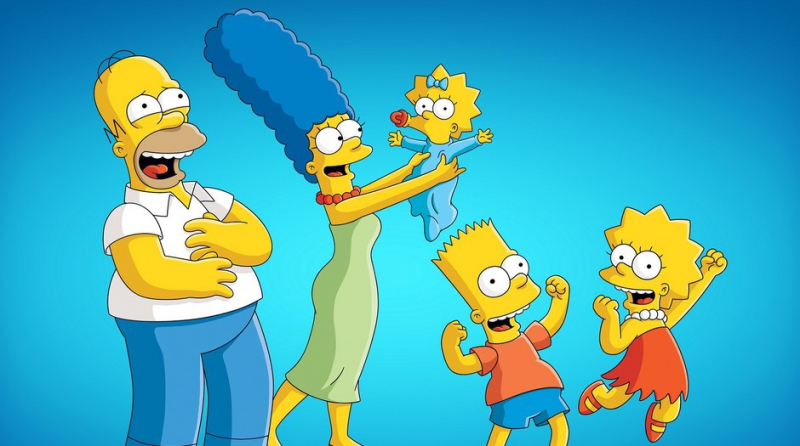
https://www.awn.com/ -
The majority of us are unaware of the existence of the New Zealand town of Otorohanga, but you know who is? Logo for the UK's Harrods Department Store. All because of their attempted lawsuit in 1986.
The restaurant, which Henry Harrod, an inhabitant of the town with a current population of just over 3,000, owned, was once called Harrods. The owner of one of the most renowned department stores in the world threatened to sue if the name wasn't altered, despite the fact that it was a tiny company in a tiny town.
With a case like this, you can't really try to bully a small New Zealand municipality, which is the problem. Instead of giving in, the entire community briefly changed its name to Harrodsville, and nearly every company in the area adopted the Harrods moniker. The proprietors of the department store were embarrassed into abandoning the lawsuit once this received enough coverage in the international media. On the town's Facebook page, you can really see posts from locals who are remembering the incident.

https://thecloister.co.uk/ 
http://restaurantandcafe.co.nz -
According to a Rolling Stone report, the badly run Fyre Festival is facing a sixth lawsuit. Kenneth and Emily Reel are bringing the lawsuit against festival creators Jeffrey "Ja Rule" Atkins and Billy McFarland. For the Fyre Festival, the North Carolina couple spent $4,600 on a VIP villa. However, when it was confirmed that the festival wouldn't take place, they were forced to stay in Miami and never made it to the Bahamas. They can consider themselves fortunate that they were in an airport rather than the cheese sandwich banquet that the festival devolved into, which was littered with trash.
The Fyre Festival was a major disaster in 2017. Despite being promoted as a sizable music festival, it primarily turned out to be a scam. On a tropical island, attendees spent thousands of dollars each for opulent lodging and fine dining. What they received instead were repurposed tents, no festival, bad food, and many people trapped with minimal access to food and water and no power.
The organizer ultimately received a six-year sentence in addition to a million-dollar fine, though he is already out of jail. Surprisingly, McFarland and his co-organizer, rapper Ja Rule, were threatening opponents with their own lawsuits while the legal battles were still going on. They alleged that those criticizing the festival on social media were stoking trouble. The threat didn't seem to have any effect, though.

https://edmmaniac.com 
http://exuma.online -
Girl Scouts do activities like making crafts, hiking, camping, and performing good deeds for the community when they're not selling you their addicting cookies. But let's go back and talk about camping for a moment. What is a part of camping? Campfire music, marshmallows, and tents. And that is, or nearly was, a lawsuit right there.
The American Society of Composers, Authors and Publishers, or ASCAP, had the most embarrassing disagreement with camp music in the middle of the 1990s. The group claims to be non-profit and seeks to defend the rights of musicians and vocalists by granting licenses for the use of its members' music in public performances. In other words, a performer is compensated when one of their songs is played on the radio. This is how they manage billions of dollars.
The organization has been accused of obnoxiously pursuing every copyright dollar it can obtain despite doing what appears to be beneficial work. They informed the American Camping Association in 1995 that because the musical concerts at their campgrounds are open to the public, they intended to charge for them. Possibly included in this were campfire tunes. The organization informed its members of several things, such as possible fines if a $250 fee wasn't paid. Girl Scouts were among their participants.
The PR disaster came on fast and hard. The Girl Scouts were never threatened, ASCAP was quick to claim, which was partially true but partially false. Finally, they gave in, and camp songs were once again free.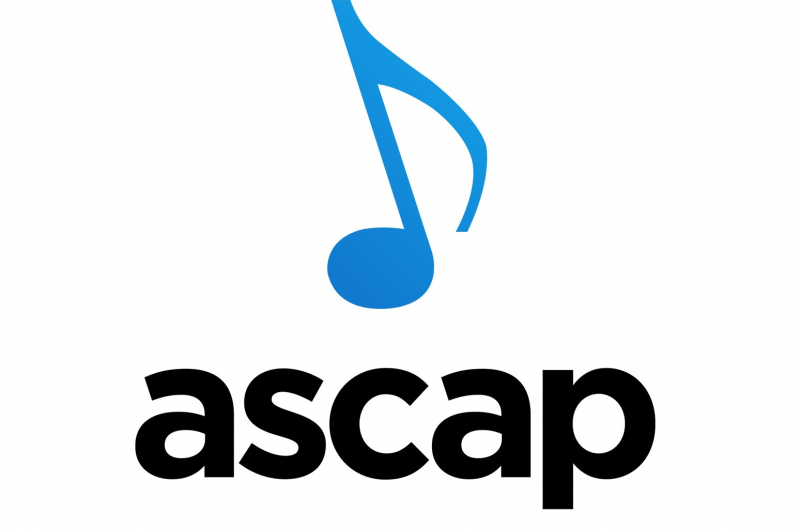
https://www.billboard.com/ 
https://legendsrevealed.com/ -
It is worth mentioning that Uri Geller Threatened to Sue Nintendo Over Pokemon. On The Tonight Show with Johnny Carson, Uri Geller was famously exposed for not possessing the purported psychic skills. Since then, he has a reputation for being cynical about personal attacks, to the point where, in 2000, he threatened to sue Nintendo over a Pokemon character.
Kadabra, the persona, has the ability to bend spoons. Although he was unable to do so in front of Johnny Carson using spoons he hadn't had access to beforehand, Uri Geller reportedly claimed to be able to bend spoons with his mind. Geller assumed that this was a direct allusion to him, known as Yungerer in Japan.
The character was removed by Nintendo, and the lawsuit was subsequently dropped. After receiving letters from fans, Geller eventually realized he may have overreacted and gave Nintendo permission to use the character once again in 2020.
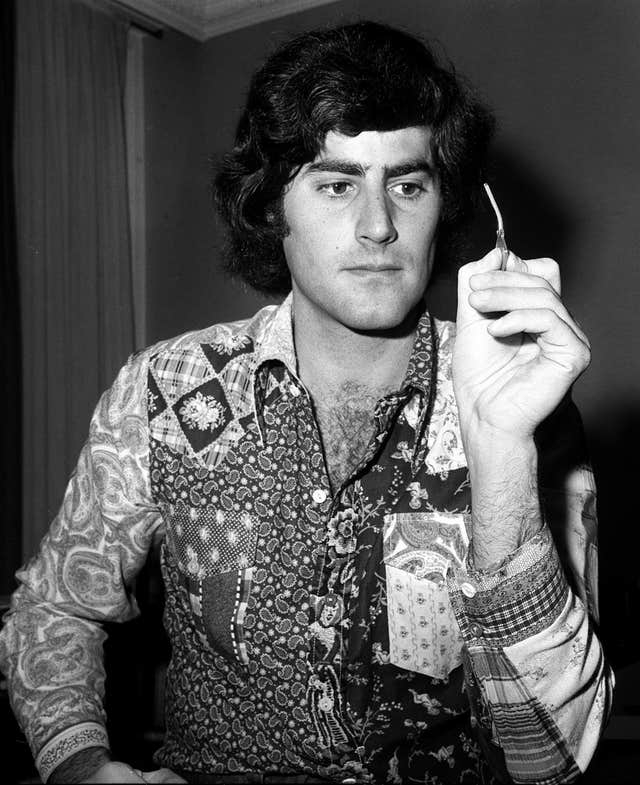
http://www.irishnews.com/magazine/ 
https://www.polygon.com -
Microsoft generated $49.36 billion in revenue for the three months that ended on March 31, 2022. Financially, the company is doing pretty well. Perhaps they are so successful because they are almost absurdly inexpensive in their commercial dealings, as seen by their threatened legal action against a Canadian adolescent.
Mike Rowe, at seventeen, established a website with the domain name MikeRoweSoft.com as a joke based on his own name. Jokes are not popular at Microsoft. They threatened the adolescent with legal proceedings at the beginning of 2004. They asked him to give the domain to them in exchange for a $10 payment. That's one zero, or the cost he paid at the time to register the domain name.
With the excuse that he was just starting his own graphic design company and had invested a lot of effort in the website he was using, Rowe countered with a $10,000 offer. Microsoft's legal team responded with a 25-page letter that included a number of demands, including an admission of guilt and an accusation of cyber squatting.
The incident attracted a lot of media attention and gave Microsoft a bad reputation. Microsoft pushed back and charged that he was prolonging the situation to get paid more. Mike ended up handing up the domain, but not for $10 or $10,000; they later apologized, claiming they "took it too seriously." He received an Xbox.
https://www.ntd.com/ 
https://www.theverge.com/ -
There was a case that Producers of Witches of Eastwick Threatened to Sue Susan Sarandon if She Didn’t Learn the Cello. When Witches of Eastwick was released in 1987, it quickly rose to cult status. Susan Sarandon is one of three women in the movie that catch the attention of Jack Nicholson's almost demonic persona. In 2020, several years after the movie's premiere, Sarandon spoke in front of an Eastwick-themed event and spilled some beans about the movie's making.
She realized she would need to learn the cello for her new role, in addition to alleging Cher had stolen her role right before filming started. She has little knowledge of cello technique. You'd think that maybe she might pass as someone else for the movie, but the filmmakers threatened to sue her if she didn't catch on. It's reasonable to say she did a good job because her character does have a cello scene that audiences will remember forever in the movie.
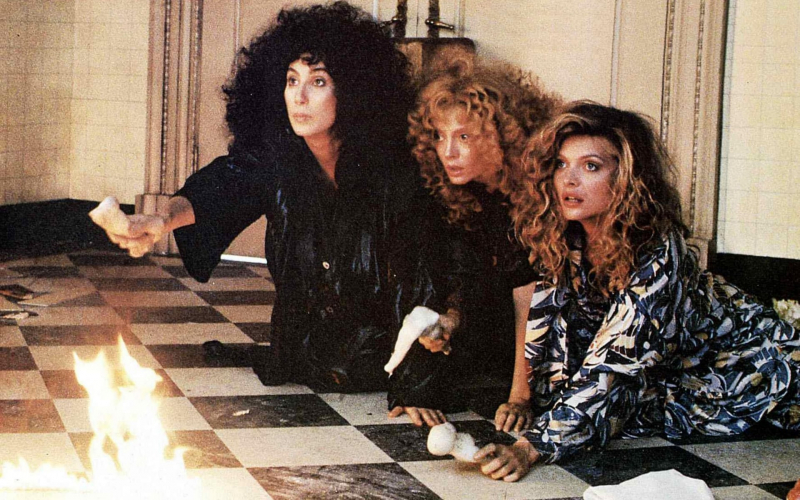
https://www.telegraph.co.uk 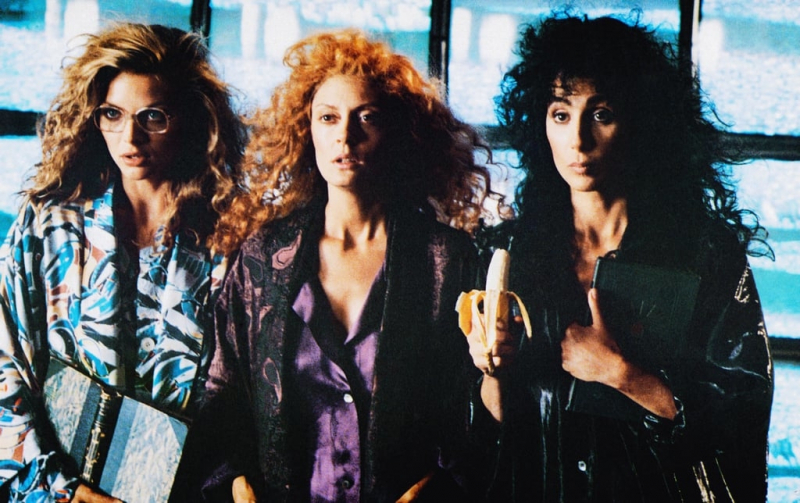
http://www.oystermag.com/ -
Speaking of Disney, the House of Mouse frequently finds itself on the losing end of legal battles. One of their more egregious Goliath vs. David moments occurred when they chose to file a lawsuit against some Florida daycare centers. Do you know the places where people look after kids all day long?
The business first became aware that three different child care centers had blatantly painted Disney characters—which are protected by copyright—on their walls back in 1989. Although the official view was that they feared people would think Disney had in some way financed the schools, it appears they were operating from the stance that no youngster should gain joy from their intellectual property without paying each and every day.
Before any legal action was taken, the daycares had a period of time to remove the pictures, which they did. This offered Universal the chance to intervene and replace the missing artwork with pictures of their heroes, such Woody Woodpecker, the Flintstones, and other characters from the Hanna-Barbera franchise that the firm owns. Yes, Disney had a valid legal argument for their claims, but the negative publicity couldn't have helped them.
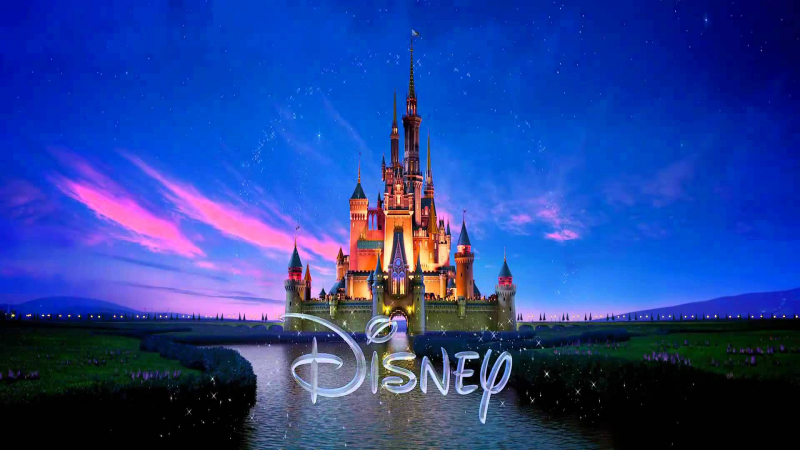
http://comicbook.com/ 
https://blog.iqoption.com/ -
In the digital age, attorneys from all over the world have emerged from hiding to annihilate any and all suspected offenders of copyright. However, things were a bit different before the internet. To begin with, it became more difficult to even break a copyright. You were going to create your own Star Wars spoof, weren't you? Yes, if you were employed by Mad Magazine in 1980.
Lawyers representing George Lucas got in touch with Mad, Mort Drucker, and Dick DeBartolo regarding their The Empire Strikes Out parody of The Empire Strikes Back. They demanded the magazine recall all of the released issues in a cease-and-desist letter they submitted. Even then, if not for another letter that DeBartolo had received earlier, such a letter would have been at least a little alarming. Today, with the weight of Disney behind it, such a letter could be terrifying.
The previous letter was written by George Lucas himself after he read the parody in the magazine and was so impressed that he wanted to thank the team and ask for some of the original artwork. They replied to his attorneys in writing, indicating that their employer thoroughly enjoyed it and enclosing a copy of Lucas' letter. Naturally, no additional legal action was taken.
https://www.lavahotdeals.com/ 
https://www.madmagazine.com/
















